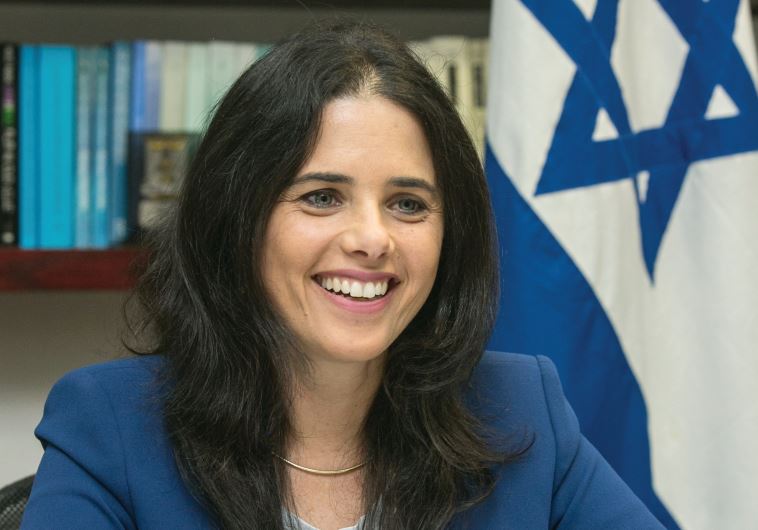Shaked to Post: Israel an example to the world for its morality, democracy and security
In an exclusive interview, Justice Minister Ayelet Shaked brushes off charges by the International Criminal Court.
 Justice Minister Ayelet Shaked(photo credit: MARC ISRAEL SELLEM)
Justice Minister Ayelet Shaked(photo credit: MARC ISRAEL SELLEM)